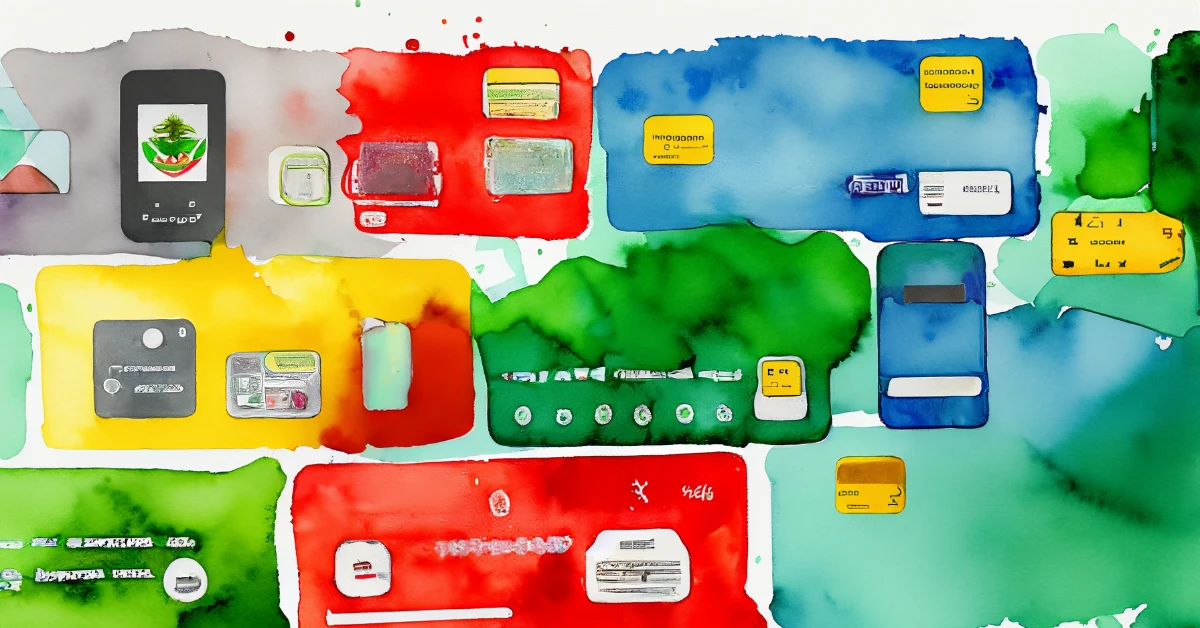Mexico's Most Preferred Alternative Payment Methods
We're often asked what payment and payout methods are most preferred in a particular market. As we're focusing on Mexico this week, this is a perfect...
2 min read
Chris Rechtsteiner
:
Jun 6, 2023 9:44:00 AM

The world has become a global village. That is a simple but powerful statement. Businesses are expanding their reach to international markets each and every day – often without even knowing it.
Operating in a globalized economy presents unique challenges, including navigating cross-border payments.
Cross-border payments are transactions made between entities (individuals or businesses) located in different countries. These payments are essential for facilitating international trade, purchasing goods and services, remittances, and investments. However, cross-border payments are complicated due to widely varying regulations, taxes, and currencies involved in the transactions.
Cross-border payments are complex because they involve multiple financial intermediaries, regulatory bodies, and legal frameworks. Additionally, businesses must navigate fluctuating exchange rates and adhere to anti-money laundering (AML) and know-your-customer (KYC) regulations.
Complying with the payment and tax regulations of over 175 countries* is a daunting task for any business. The risks involved include:
As businesses expand globally, there is a growing need for alternative payment methods that cater to the unique needs of different markets. Digital wallets and localized payment services are gaining popularity for their convenience, security, and cost-effectiveness. Examples from five countries include:
Payout orchestration platforms help businesses simplify the cross-border payment process by automating and streamlining transactions. These platforms provide essential tools and features that can:
Navigating cross-border payments can be a complex and daunting task for businesses operating in the global market. Understanding the risks and regulations in individual countries is essential to minimize costs, minimize the risk of fraud, avoid penalties and maintain a positive brand reputation. With the increasing number of alternative payment methods, such as digital wallets and localized payment services, businesses can cater to the unique needs of their international customers in increasingly personal and direct ways.
Payout orchestration platforms play a crucial role in addressing these challenges by simplifying regulatory compliance, offering currency conversion, enhancing security, and integrating alternative payment methods no matter where you’re paying out or what methods your payees prefer.
We call this global payouts, local preferences.
By leveraging these platforms, businesses can streamline their cross-border payment processes, reduce risks, and stay ahead of the curve in an ever-evolving global economy.
* Why 175+ countries? That’s the number of countries we payout to today, so it’s the framework in which we operate.

We're often asked what payment and payout methods are most preferred in a particular market. As we're focusing on Mexico this week, this is a perfect...

Updated: 2 April 2024 With the payout orchestration landscape changing as quickly as it is, keeping up with various technology and services available...

Once viewed solely as a remittance destination, today it's easy to see that Mexico's eCommerce market is gaining significant momentum on the global...